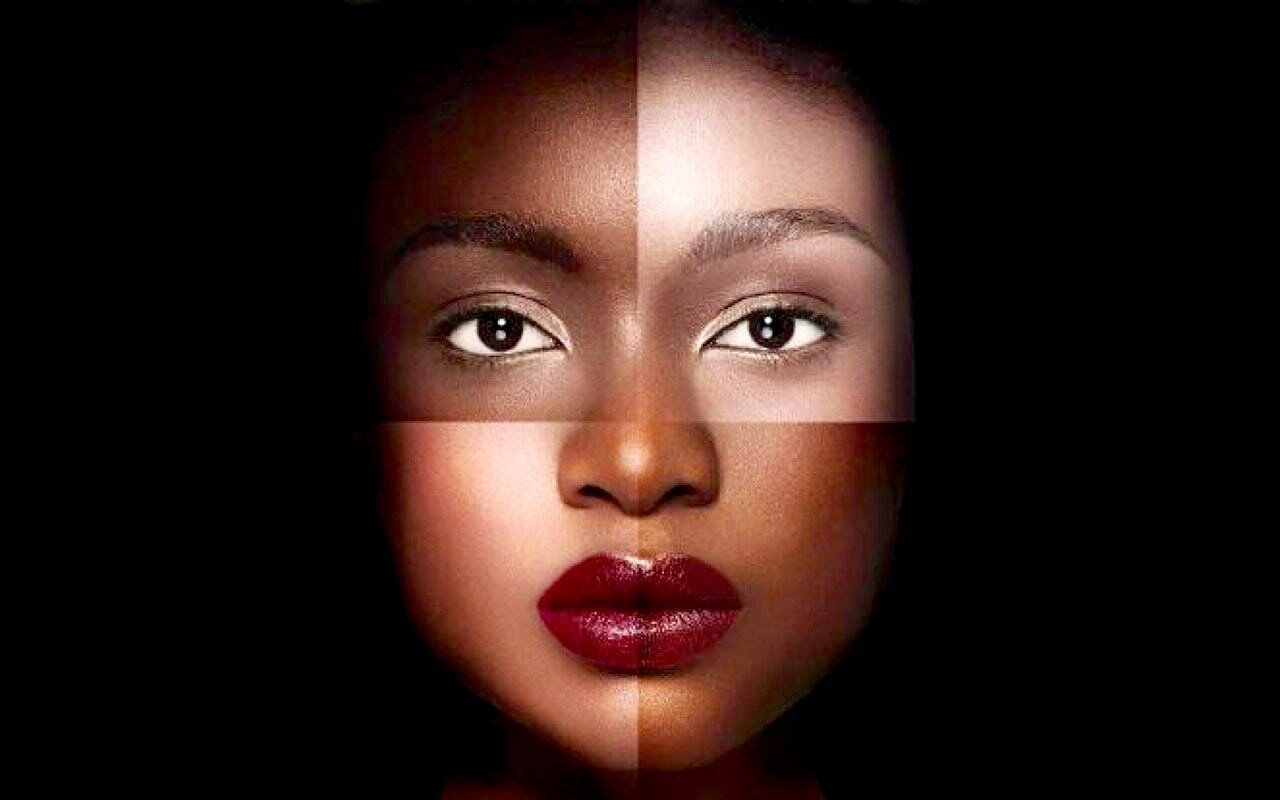Colorism Among the Black Community
“The world will always tell you that you’re something else, that you’re too dark, too short, whatever. We need to show Black men and women are emotional, are strong, are smart, intuitive.” – Beyonce Knowles Carter
By Dartaja Carr
Photo by: National Conference for Community and Justice (NCCJ)
Colorism. The toxic legacy within the Black community. Colorism is a symptom of racism that is an issue presenting itself within the black community for quite some time. The cause and effect of Colorism are passed down from generation to generation. Colorism within the black community goes overlooked. Some people are naive to the fact that it does exist. Others have little knowledge of Colorism. Many lack the knowledge of Colorism. In society, mothers often find themselves discussing not only how to be a black parent but also how to parent black children in a world that is surrounding racial inequality. However, we rarely talk about parenting in regards to Colorism.
We often see Colorism portrayed in TV shows such as Martin featuring Martin Lawrence and Tisha Campbell, and movies such as Nina featuring Zoe Saldana. Both are popular within the Black Community. Both had some representation of Colorism, whether it is a love interest with a lighter complexion are respected more than the dark-skinned friend who’s underrepresented or an Afro-Latinx actress cast to portray a woman with darker skin. For the role, Zoe wore a prosthetic nose and skin-color-altering makeup to mimic Nina’s appearance.
The Difference Between Colorism, Racism, & Discrimination
Colorism is a practice of discrimination by which those with lighter skin are treated more favorably than those with darker skin. Colorism often happens within the same race. This practice is a product of racism in the United States. Believe it or not it upholds the white standards of beauty and benefits white people in the institutions of oppression. Racism the individual, cultural, and institutional beliefs and discrimination that systematically oppress people of color (Blacks, Latino/as, Native Americans, and Asians). Discrimination is the mistreatment of an individual or group based on their social membership, regardless of their social power. Anyone can experience discrimination. However, people of color, specifically, Black people, experience the most discrimination.
History of Colorism
Colorism began during slavery. Slave owners would often rape their slaves who gave birth to light skin children. Slave owners gave those with lighter skin preferential treatment. Those with lighter skin are assigned domestic tasks while those with darker skin had to work outside in the fields, doing much more demanding tasks. Lighter-skinned slaves were not only the product of a slave owner raping a slave, but others believed them to be better, smarter, and more beautiful.
The "paper bag test" is often utilized in black spaces and the hiring of black people in the 19th and 20th centuries. If someone is the same color as or lighter-skinned than a paper bag, they would be allowed into space/considered for hire. If they were any darker than a paper bag, they would not be allowed in that space/considered for that job.
How Does Colorism Affect the Black Community?
Despites the affects Colorism had within slavery, it still thrives to this day. Research shows that dark-skinned women are less likely to be married than lighter-skinned women. However, Colorism manifests in other ways: the difference in pay rates between darker-skinned and lighter-skinned men mirrors the differences in pay between whites and blacks. Darker-skinned women are given longer prison sentences than their light-skinned counterparts. And this discrimination starts young – if you are a dark-skinned girl, you are three times more likely to be suspended from school than their light skinned peers.
Colorism is often seen in toy history as well. In fact, research shows an experiment conducted by Kenneth and Mamie Clark in the 1940s that revealed a preference for white dolls by both black and white children. Despite the “attempts” since the experiment to create more equal educational opportunities for all children, replications of Clark's work consistently reveal similar results.
We teach our Black and Brown youth that having a lighter skin complexion is the trend. We see colorism within the media platforms, the music and entertainment industry world, the medical field, etc. Children grow up to believe that the depiction of their families, social media, TV shows, etc., is the new beautiful. Black women are often placed in categories. For instance, in the popular film Straight Outta Compton, a casting call for women was released, and what people find is quite disgusting and degrading. The casting call provided the following information:
C GIRLS: These are African American girls, medium to light skinned with a weave. Age 18-30.
D GIRLS: These are African American girls. Poor, not in good shape. Medium to dark skin tone.
Although Black women experience more effects of Colorism, Black men also face Colorism. Colorism paints light-skinned men to be feminine or soft. From personal stories, Dark-skinned and light-skinned women would choose to be with light-skinned men, to have babies who are light-skinned.
How Do We Eliminate Colorism?
There are countless research and personal stories that expose the effects of Colorism within the Black Community. However, how can we change the narrative? Let's start by teaching our youth about Colorism. We must check ourselves and others when we identify Colorism. We must also keep in mind that Colorism does not only affect dark-skinned women. It also affects light-skinned women. Light-skinned women are frequently called names such as: “redbone,” “lite-bright,” or “high-yellow.” Light-skinned women are often alienated because of the perceptions that lighter-skinned women are more beautiful or more valued. Colorism is not limited to just the Black community. It will not be an acceptable form of racism. Stop allowing Colorism to separate us.
“We have always been wonderful. I see us reflected in the world’s most heavenly things. Black is king. We were beauty before they knew what beauty was.” – Beyonce Knowles Carter


